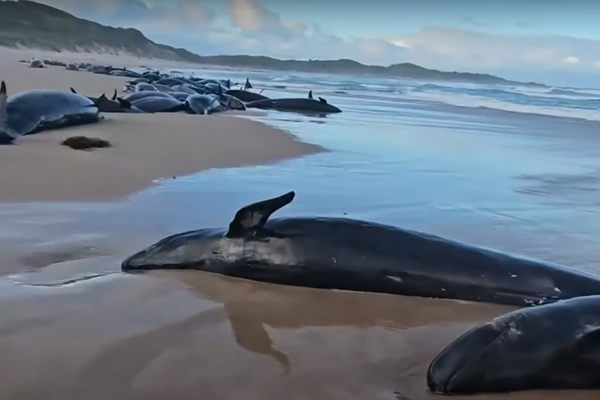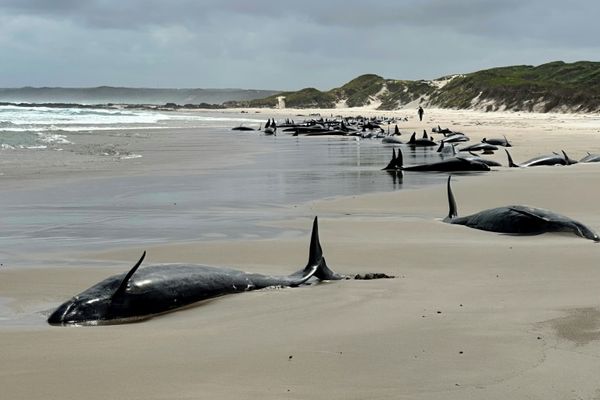
Today, a new Horror Noire: A History of Black Horror has been released on Shudder and AMC Plus. Aside from highly acclaimed and provocative writing, directing, producing, and acting, Horror Noire is set apart from other horror films by its team of all Black directors and screenwriters who artfully tell six suspenseful stories through six different lenses. The documentary is directed by Kimani Ray Smith and include writers such as Tananarive Due, Steven Barnes, Ezra Claytan Daniels, Victor LaValle, Shernold Edwards, and Al Leston. Today’s highly anticipated release marks Tananarive Due’s first adaptions of the film. An incredible accomplishment considering the limited success that Black producers and directors have had in penetrating the horror film genre and the continued challenges Black actors have endured with being cast in stereotyped roles in horror films.
A Shudder original film, Horror Noire: A History of Black Horror, touches on all the typical features of horror films seen in most movies, including supernatural creatures and demonic villainous characters. But the documentary thoughtfully takes a strong socio-political stance by examining how Blacks in America have been exploited and pathologized in the film genre and society overall. By adapting Robin Means Coleman’s seminal book, Horror Noire, the documentary presents “the living and the dead using new and archival interviews from scholars and creators; the voices who survived the genre’s past trends, to those shaping its future,” – all to create politically astute and down-right scary horror.
Blacks sharing space in the horror film genre has been a long time coming. In a trailer for the film, Tananarive Due says, “We’ve always loved horror. It’s just that horror hasn’t always loved us.” Film and television have and continue to be a white-dominated space – both in front of and behind the scenes. This is especially true for the horror genre. When Black actors first began to be cast in horror films, they primarily played the role of pimps, prostitutes, or the antagonist villains. Years later, Black actors graduated from being cast in only stereotyped roles but were limited to play characters who were typically the first to be killed off. Aside from the groundbreaking work of William Crain in Blacula, it was practically unheard of for Black directors or producers to sit at the helm of directing and screenwriting in horror films. That is, until now.
Fortunately, the recent success of films like Jordan Peele's Get Out, and Us, Nia DaCosta’s Candyman remake, and Horror Noire have been pivotal in providing Black actors, directors, producers, and screenwriters a seat at a non-diverse and one-dimensional table. The most recent adaption of Horror Noire is no different and has been a labor of love for Tananarive Due. American Book Award, NAACP Image Award, and British Fantasy Award-winning author, Tananarive Due, is a UCLA lecturer – teaching Black horror and Afrofuturism – and the documentary's executive producer. A leading voice in Black speculative fiction for over 20 years, Due’s first adaptions of the anthology reflects the renowned writer’s talent and passion for examining and thoughtfully describing the intersection between horror and the Black experience in the U.S.
In this most recent adaption, Due invites the audience to delve into a historical re-enactment of six different worlds that beautifully illustrate issues affecting Blacks in America through a non-pathologizing or exploitative lens. Instead, Due highlights and celebrates the complexities and strengths of Blackness. “We’ve shifted from being the focal point of fear to being the heroes.” It was important for Due to document this transformative shift from victim to victor. So, if you’re looking for a horror film that moves beyond predictable plots and does not rely on gore to make up for subpar screenwriting, look no further. Horror Noire is the perfect Halloween horror film to cozy up to that will keep you guessing and leave you hanging at the edge of your seat while doing so.







